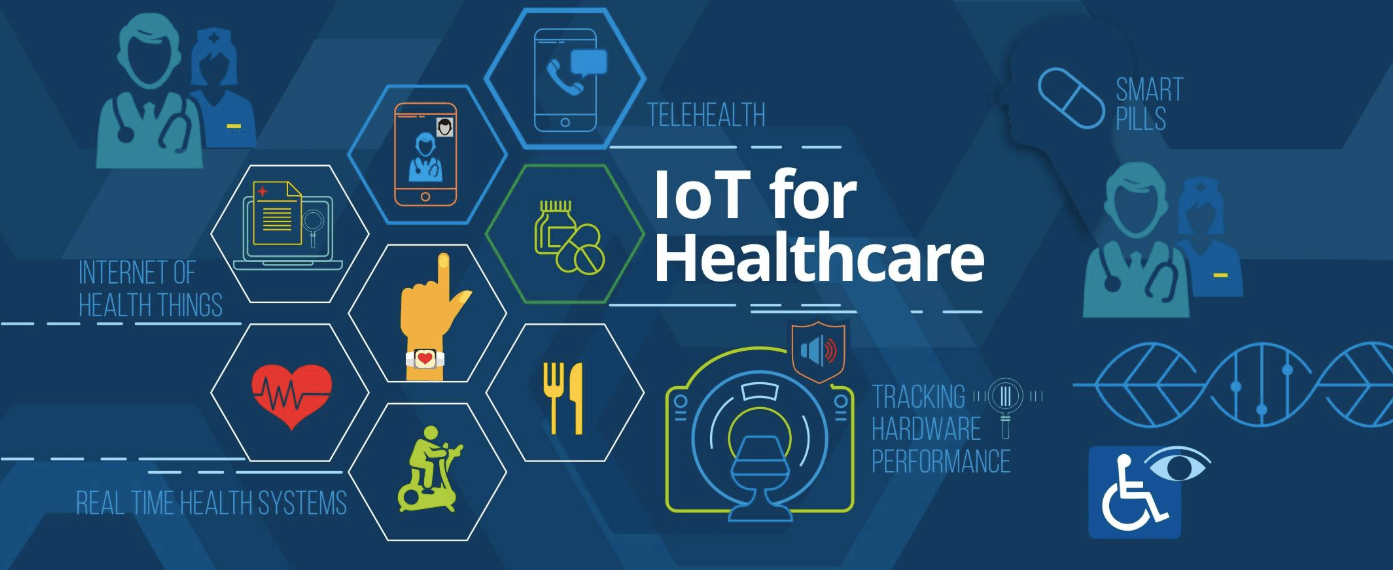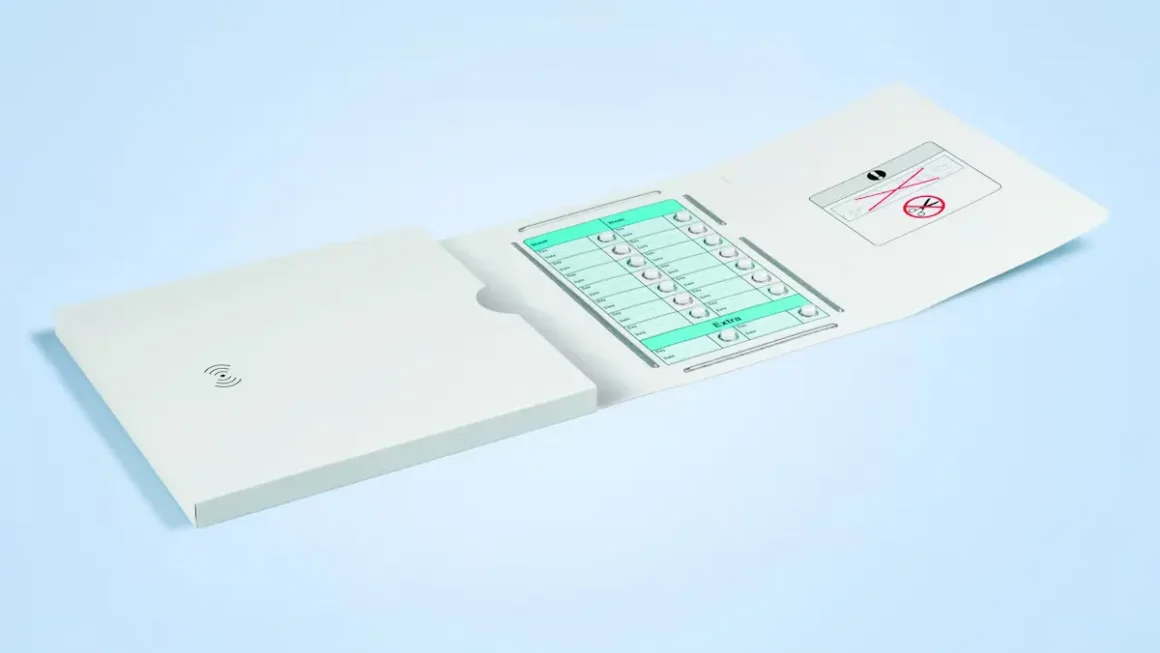Let’s start with a question before indulging in other things- would you like to get yourself treated in a hospital that is full of patients crying in pain? Would you like to get yourself diagnosed in a hospital where you need to stand in queue for hours and hours? Well, this is something nobody wants.
Thankfully this is not the situation today with clinics and hospitals due to the grand entry of technology in the healthcare domain too. Earlier patients who were dependent upon herbs, prayers, and basic medicine, technology has given a new direction to such practices with organized medical checkups, brilliant medical diagnosis, and treatment.
Technology is continuously evolving in the forms of healthcare mobile applications developed by reliable mobile app development companies, IoT devices, etc. Among many practices, the introduction of new techniques, IoT is posing as a brand new topic, great buzz, and obviously a much-needed technology.
Based on the stats for IoT in market trends, IoT is proving its mettle in the healthcare domain too. Let’s check out IoT is becoming the most integral part of the healthcare domain-
Why Healthcare needs IoT?
Improving the health of Patients
Whatever health-related data collected from IoT ensures that every information is taken into consideration for better decisions or recommendations. In addition to this, the data which will be collected from the devices will get store in the cloud while eliminating the need to feed in into EMRs. Also, with the help of IoT devices, patients do not require to stand in long queues for entering the doctor’s chamber.
Promotion of Preventive Care
Technology is evolving, so does the cost of medical expenses too. By using IoT based devices, reduction in cost can take place as patients will not be required to frequently visit the doctor while storing huge data in the cloud.
More patient’s engagement and satisfaction
Optimizing surgical workflow can become possible by using IoT based connected devices and mobile applications. Through healthcare based applications, it will become easy for the patients to interact with their doctors or physicians for sharing the health status. Offering ease to the patients will ultimately increase their engagement level and satisfaction level. Furthermore, earlier, the need for direct patient-physician interaction can also be minimized.
Care management
IoT allows us to connect and collect data on personal fronts like heart-rate, temperature, activity, health, etc. Also, with the help of sensor-fed information, patients can get their health information like heart rate, body temperature, sugar level, etc. This way, workflow optimization can be done precisely while ensuring that all care management is done right from the comfort zone.
Reporting and Monitoring
With the help of connected devices, it becomes easy for doctors and physicians to monitor patients’ health. IoT devices collect and transfer health data like- blood pressure, oxygen, and blood sugar levels, weight, and ECGs. Also, real-time monitoring can save lives in a medical emergency like heart failure, diabetic attacks, asthma attacks, etc.
Connectivity and Affordability
IoT in healthcare enables operability, machine-to-machine communication, information exchange, and data movement that ultimately makes the healthcare facility delivery effective and efficient. Whereas through connectivity options like Wi-Fi, Z-wave, ZigBee, Bluetooth LE among many, healthcare personnel can change the way they spot illnesses and ailments in patients.
Analysis and Data Assortment
Without the cloud, it is impossible to store a vast amount of data collected from healthcare mobile applications and devices. On the other hand, it is difficult to manually collect data from various devices and sources. These situations can easily be cured with the help of IoT devices that can collect, report and analyze the data in real-time while cutting the need to store the raw data.
Alerts and Tracking
Alerts and tracking are the most required features when it comes to medical life-threatening circumstances. To combat such situations, medical IoT devices and applications can gather vital data and transfer it to doctors and health personnel for real-time tracking. Also, these mobile applications and IoT devices can also send notifications regarding a patient’s critical conditions irrespective of place, time.
Remote Medical Assistance
For lone patients in a medical emergency, it is near next to impossible to contact a doctor who is available miles away. But IoT devices, it is possible to do so. Not only this, the medics and health personnel can also check the patients to identify the ailments on-the-go.
Research
Apart from helping doctors and patients, IoT in healthcare can also help in research purposes.
IoT devices collect massive amounts of data about patient’s illnesses that might take days to collect manually and that data collected can be later used for statistical study.
So, these are some of the ways through which IoT is affecting Healthcare in a structured and detailed way. Coming up with advantages does not spare the technology from challenges and other related things associated with it. Before indulging in the process of IoT based application, make sure you are thoroughly done with everything about IoT in healthcare.




